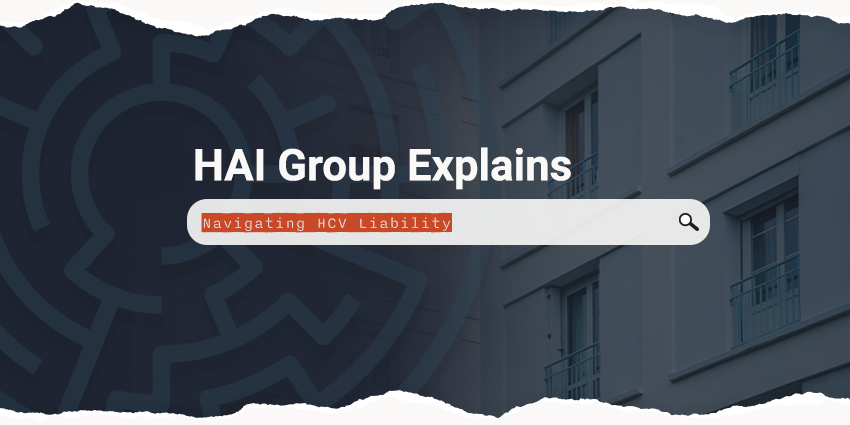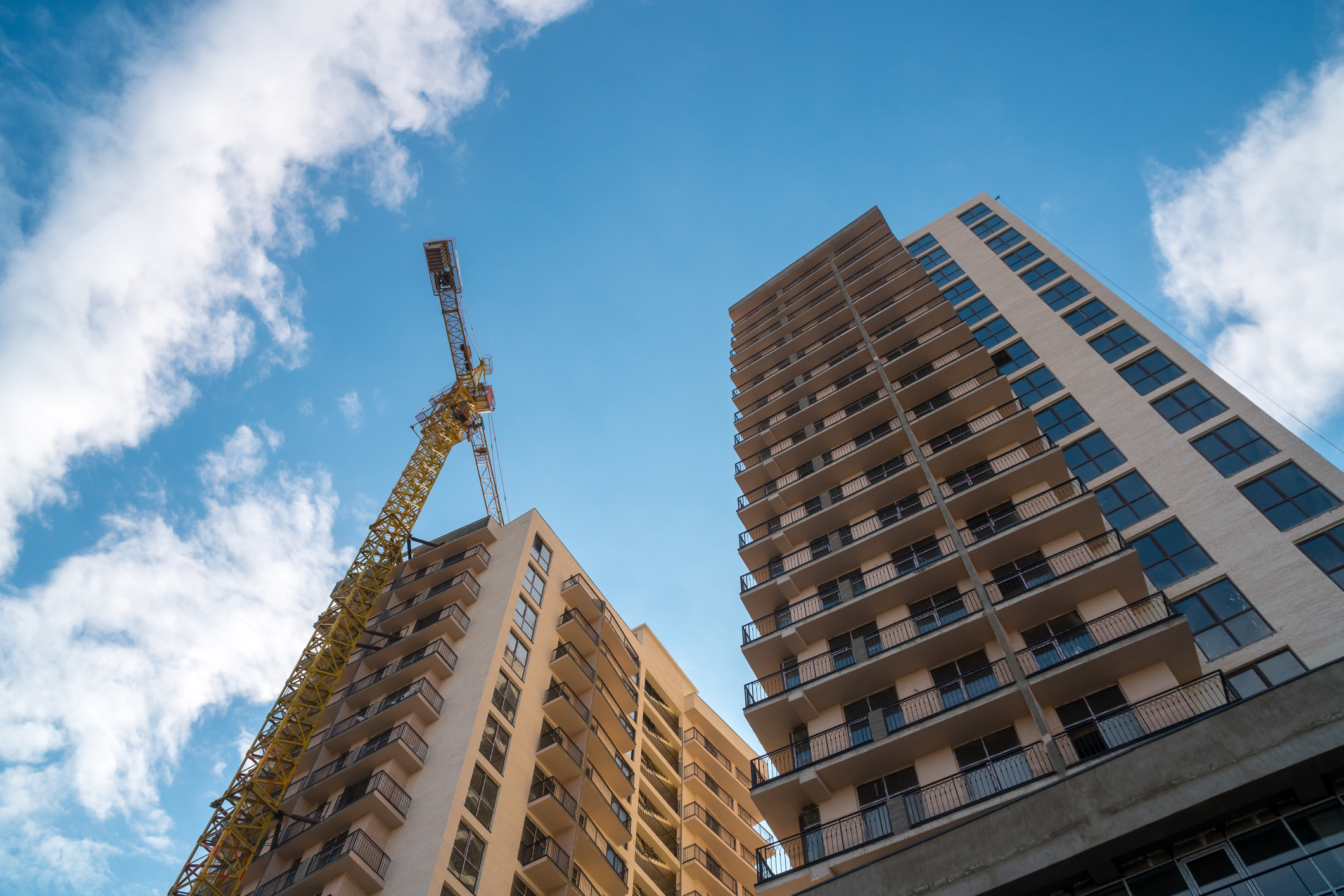The Housing Choice Voucher (HCV) program remains a cornerstone in providing affordable housing options for low-income individuals and families in the United States, offering substantial benefits to tenants and landlords. Administered by public housing agencies (PHAs), these vouchers subsidize rental costs for eligible recipients, facilitating access to decent, safe, and sanitary housing within the private rental market.
Despite its advantages, the HCV program poses liability risks that PHAs must address. In this blog, we'll delve into these risks and shed light on the responsibilities of PHAs in mitigating them.
PHAs must ensure 'decent, safe, and sanitary' conditions in HCV units
PHAs play a critical role in maintaining decent, safe, and sanitary conditions in HCV units, overseeing the relationship between property owners and tenants.
Property owners entering the HCV program must sign a Housing Assistance Payment (HAP) contract with the partnering PHA. Under this agreement, the PHA commits to providing rental assistance payments on behalf of eligible low-income families or individuals, while property owners agree to maintain units at an affordable rent and adhere to the terms and conditions outlined in the contract.
According to the U.S. Department of Housing and Urban Development (HUD), breaches of the HAP contract often result from property owners failing to meet conditions, particularly regarding the upkeep of voucher units in line with housing quality standards (HQS). PHAs are responsible for conducting regular inspections to ensure compliance with HQS throughout the duration of rental assistance contracts, thereby safeguarding the well-being of tenants and minimizing potential legal risks.
On the section of its website breaking down public housing insurance requirements, HUD notes that past premises liability lawsuits against PHAs by HCV tenants are “based primarily on the basis that the PHA has inspected the premises and determined that they are decent, safe, and sanitary.”
HUD has emphasized the importance of ensuring that participating property owners uphold housing standards, reminding PHAs of their enforcement obligations in a notice issued in 2023. Failure to enforce HQS can potentially expose PHAs to legal liability, according to HUD, particularly if a resident sustains an injury or worse due to a property owner's non-compliance with HQS.
Affordable housing providers face heightened premises liability risks
Premises liability entails the responsibility of property owners, landlords, and property managers to uphold a secure environment for both tenants and visitors. In cases where individuals suffer injuries or harm due to unsafe property conditions, property stakeholders can be held liable through civil lawsuits. Negligent security, within the realm of premises liability law, focuses on the obligation of property owners, landlords, and managers to implement reasonable and necessary measures for shielding individuals on their property from foreseeable harm related to security risks.
In the contemporary landscape, there is heightened scrutiny on the adequacy of security measures in multifamily housing, placing property owners, landlords, and managers under increased legal scrutiny, said Janelle Howard, a regional claims manager with HAI Group.
"The landscape of premises liability has undergone a seismic shift in the multifamily industry due to the rise of social inflation and the looming specter of nuclear verdicts," Howard said.
A large percentage of these verdicts come from states that the American Tort Reform Foundation labels ‘Judicial Hellholes’ as part of its annual report.
For further insights into the evolving landscape of multifamily premises liability, we invite you to read our blog post on this topic.
Key takeaway: Mitigate liability risks associated with HCV units
Despite the best efforts of a PHA to ensure HCV compliance and safety, accidents or disputes may arise, leading to potential liability claims.
General liability coverage provides financial protection against lawsuits related to bodily injury, property damage, or other incidents that occur within the scope of HCV operations. While HUD mandates that PHAs carry commercial general liability insurance to mitigate legal risk, PHAs aren't obligated to have general liability coverage for the HCV units they administer. Nevertheless, HUD acknowledges the legal exposure associated with the absence of such coverage, particularly in cases where tenants of HCV units pursue premises liability legal action due to injuries sustained on the premises.
Prioritizing general liability coverage tailored to Housing Choice Vouchers is an integral aspect of risk management for PHAs. By proactively addressing potential liabilities and securing adequate insurance protection, PHAs can safeguard their operations, protect stakeholders' interests, and uphold their commitment to providing safe and affordable housing options for low-income families.
Contact us today to learn more about how we can help protect your organization's mission and assets.
This article is for general information only. HAI Group makes no representation or warranty about the accuracy or applicability of this information for any particular use or circumstance. Your use of this information is at your own discretion and risk. HAI Group and any author or contributor identified herein assume no responsibility for your use of this information. You should consult with your attorney or subject matter advisor before adopting any risk management strategy or policy.






